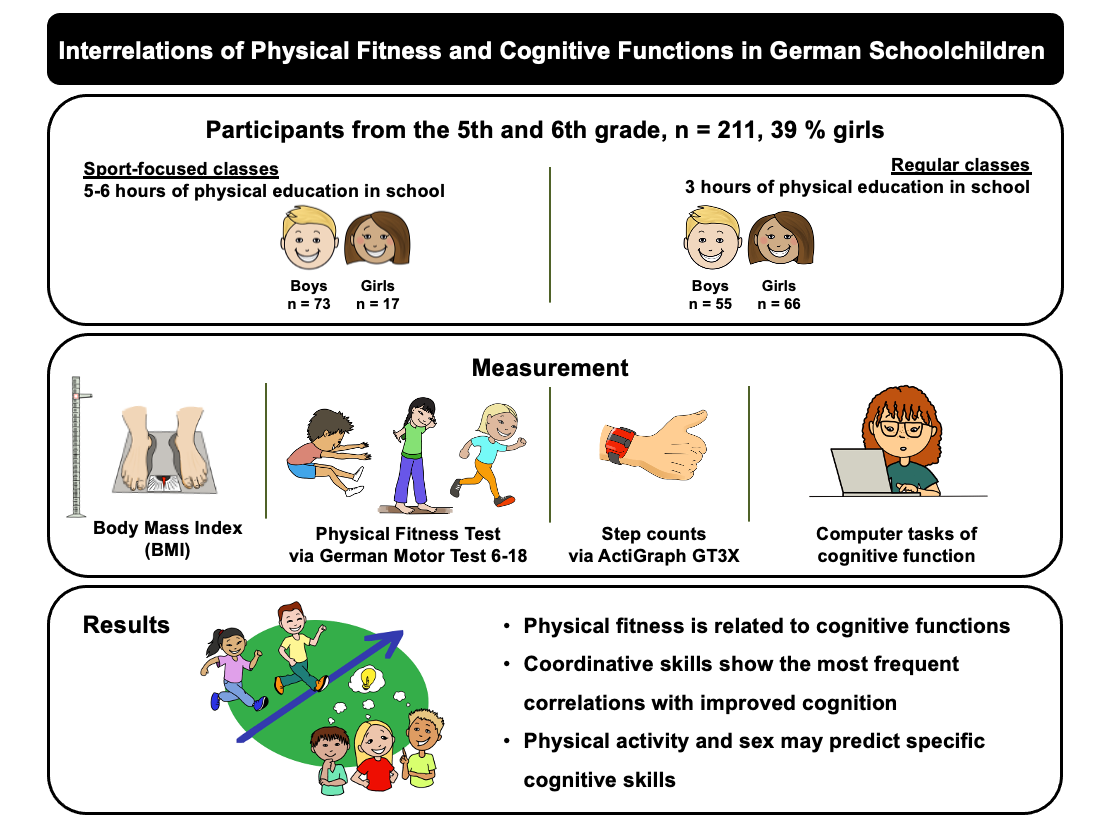
Nurturing Mental Agility through Cognitive Fitness
Cognitive fitness is the cornerstone of a sharp and agile mind. In this article, we delve into the importance of cognitive fitness, exploring strategies and practices that contribute to enhanced mental acuity and overall well-being.
Understanding Cognitive Fitness: A Holistic Approach to Mental Health
Cognitive fitness involves the overall health and agility of the brain. It encompasses various cognitive functions, including memory, attention, problem-solving, and decision-making. Adopting a holistic approach to cognitive fitness is essential, addressing both mental and lifestyle factors that contribute to optimal brain function.
Engaging in Brain-Boosting Activities and Exercises
Just as physical fitness requires exercise, cognitive fitness benefits from brain-boosting activities. Engaging in puzzles, games, and activities that challenge the mind stimulates neural connections, enhancing cognitive abilities. Regular mental exercises contribute to improved memory, concentration, and mental sharpness.
The Role of Lifelong Learning in Cognitive Wellness
Lifelong learning is a powerful tool in maintaining cognitive fitness. Continuously acquiring new knowledge and skills stimulates the brain, promoting neuroplasticity—the brain’s ability to adapt and reorganize. Whether through formal education, reading, or learning new hobbies, the pursuit of knowledge is a key aspect of cognitive wellness.
Healthy Lifestyle Habits for Cognitive Well-being
Cognitive fitness is intricately linked to lifestyle choices. Adopting a healthy lifestyle that includes regular physical exercise, a balanced diet, sufficient sleep, and stress management positively impacts cognitive well-being. These habits contribute to overall brain health and resilience against cognitive decline.
Mindful Practices: Fostering Cognitive Presence
Mindfulness and cognitive fitness go hand in hand. Mindful practices, such as meditation and deep-breathing exercises, promote cognitive presence—the ability to stay focused on the present moment. Cultivating mindfulness enhances attention, reduces stress, and contributes to overall cognitive clarity.
Quality Sleep: A Pillar of Cognitive Health
The importance of quality sleep cannot be overstated in the realm of cognitive fitness. During sleep, the brain undergoes processes essential for memory consolidation and neural repair. Establishing consistent sleep patterns and ensuring sufficient restorative sleep is vital for maintaining optimal cognitive function.
Social Connections and Cognitive Resilience
Social interactions play a crucial role in cognitive resilience. Maintaining strong social connections and engaging in meaningful relationships contribute to cognitive fitness. Social activities stimulate the brain, providing opportunities for cognitive engagement and emotional well-being.
Balancing Technology Use for Cognitive Harmony
In the digital age, managing technology use is integral to cognitive fitness. While technology offers opportunities for learning and cognitive stimulation, excessive screen time can have adverse effects. Striking a balance and setting boundaries on technology use contribute to cognitive harmony.
Cognitive Fitness for All Ages: A Lifelong Commitment
Cognitive fitness is relevant at every stage of life. Whether young or old, adopting practices that nurture mental agility is a lifelong commitment. Visit Studentals.net for additional resources and expert guidance on cognitive fitness. Embrace the journey of cognitive well-being, promoting a sharp and resilient mind throughout life.
In conclusion, cognitive fitness is a dynamic and lifelong endeavor. By understanding its importance, engaging in brain-boosting activities, adopting healthy lifestyle habits, and fostering mindfulness, individuals can contribute to optimal cognitive health. The pursuit of cognitive fitness is not only about sharpening the mind but also about enhancing the overall quality of life.
